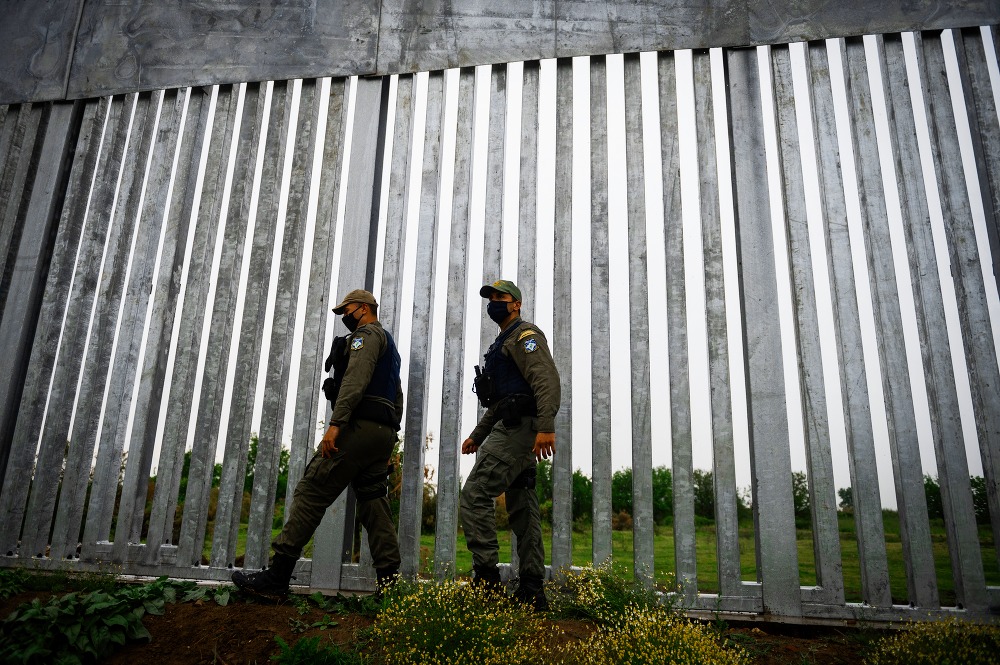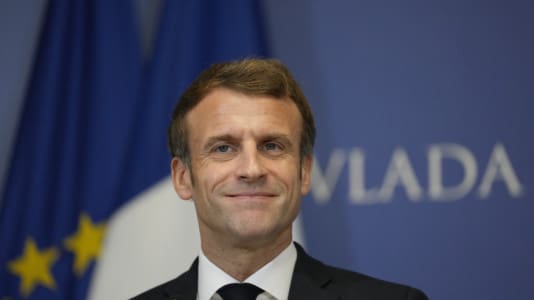Poland and the Baltic States will now be able to use funds from the 2022 EU budget to build border barriers on the Union’s border with Belarus.
The EU allocated €25 million to supporting border defense to halt illegal immigration from Belarus. Although this sum is too small to fulfill all objectives connected with defending the border, it is unprecedented. Never before have funds been allocated for such purposes in the EU’s annual budget. The reason behind the change is the current security crisis on the border of the Poland and the Baltic states.
President of the European Commission Ursula von der Leyen previously said she would not agree to use EU funds to finance a “border wall.” The final decision concerning the budget’s shape, however, lies with the European Council (member states) and European Parliament.
An EU diplomat told the Polish Press Agency that there were no motions within the EU budget that the Commission could oblige member states not to spend EU funds on a border barrier.
This was also confirmed by the head of the European Parliament’s budget commission Belgian MEP Johan Van Overtveldt. After the voting over the 2022 budget was completed, he announced that there would be funds available in it for border defense.
Law and Justice (PiS) MEP Bogdan Rzońca believes that these funds were a good sign from the EU, which had hitherto been very wary when it came to the issue of strengthening the EU’s border with Belarus.
“We can see that there is a higher awareness in the EU of the danger coming from Russia and Belarus,” he said, adding that he hoped that in future budgets, more funds would be allocated for border defense.
Other European politicians had also called for the construction of border fences using EU funds. Following the outbreak of the crisis on the Polish-Belarusian border, the head of the European People’s Party (EPP) Manfred Weber questioned why the EU could not finance a physical barrier on the border with Belarus.
During a closed-door meeting between European leaders at the October 2021 European Council summit, Danish Prime Minister Mette Frederiksen had strongly criticized von der Leyen for refusing to finance such barriers.
Denmark and Poland were also among the 12 EU member states who appealed to Brussels in a joint letter to finance the construction of physical barriers on the border in fear of migration pressure. The letter was also signed by the ministers of the interior of Austria, Bulgaria, Cyprus, Czechia, Estonia, Greece, Hungary, Lithuania, Latvia and Slovakia.






